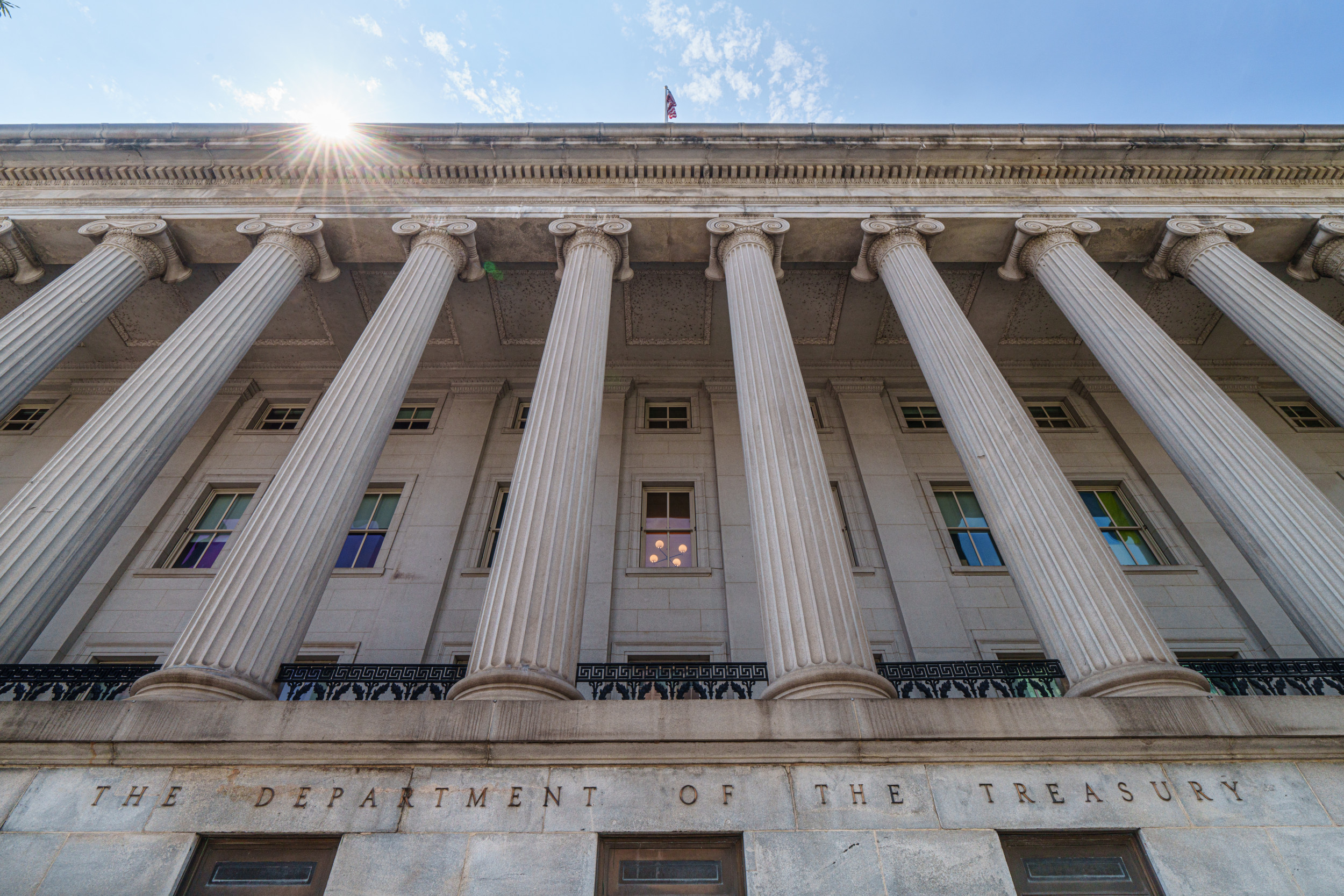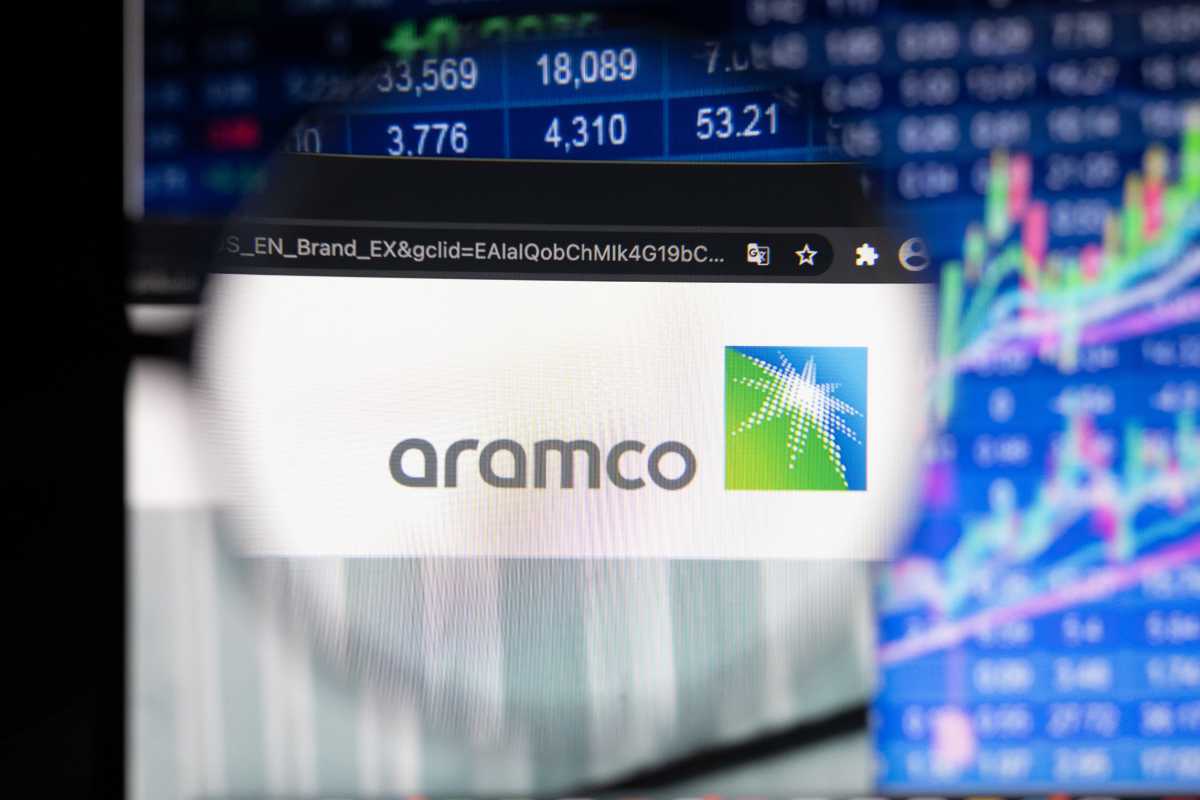






In a significant development reflecting the evolving financial landscape, China's Ministry of Finance has announced plans to issue $2 billion in US dollar bonds in Saudi Arabia, marking its first sovereign debt issuance in three years. This issuance, which includes two tranches—$1.25 billion maturing in 2027 at a 4.284% coupon and $750 million maturing in 2029 at a 4.34% coupon—has been oversubscribed by nearly 20 times, indicating strong demand from investors, with bids totaling around $40 billion [ef6172cc][bf6f9e91].
This bond sale is part of a broader strategy by both China and Saudi Arabia to enhance their financial ties beyond traditional trade. Saudi Arabia aims to develop its capital markets to reduce its dependency on oil, while China seeks to alleviate overcapacity in its economy and attract foreign investment. The timing of this issuance coincides with Donald Trump's anticipated return to the White House on January 20, 2025, which analysts believe could further boost China's financial connections with the Middle East [ef6172cc][bf6f9e91].
The bond issuance follows a previous issuance of US dollar-denominated sovereign bonds in 2021, totaling $4 billion in Hong Kong. Experts suggest that this latest move is largely symbolic, yet it underscores China's commitment to attracting Saudi investment, particularly in green energy and technology sectors. This aligns with Saudi Arabia's Vision 2030 program, which seeks to diversify its economy away from oil [0b1c7e7d].
In the context of recent financial maneuvers, shares of Saudi Arabia's state oil company, Aramco, have seen a rise following a stock sale that raised approximately $11.2 billion. The shares were trading at 28.25 Saudi riyals ($7.53) on the Tadāwul Saudi stock exchange, above the stock sale offer price of 27.25 Saudi riyals. This reflects Saudi Arabia's push to diversify its economy despite the challenges posed by fluctuating oil prices [b92bae42].
Additionally, Saudi Arabia's budget deficit in the third quarter of 2023 reached 35.8 billion riyals ($9.5 billion), nearly seven times larger than the previous quarter, primarily due to a decline in energy and non-oil income. This economic strain highlights the challenges faced by the kingdom as it navigates fluctuating oil prices and seeks to balance its budget, which relies on oil prices above $86 per barrel [2fa004a0].
The recent bond sale is also seen as a strategic move by China to potentially weaken the US dollar's dominance in global finance. By issuing bonds in Saudi Arabia, a key player in the petrodollar system, China signals its growing role in managing dollar liquidity. Analysts suggest that this could divert reserves from US Treasuries to Chinese bonds, leveraging China's substantial trade surplus of $823.2 billion to support its Belt and Road Initiative partners [bf6f9e91].
Overall, the issuance of US dollar-denominated bonds by China and the recent financial maneuvers by Saudi Arabia illustrate the complex interplay of global finance and geopolitics, as countries seek to enhance their economic resilience and international partnerships [79f8d7fe][6fb35810].